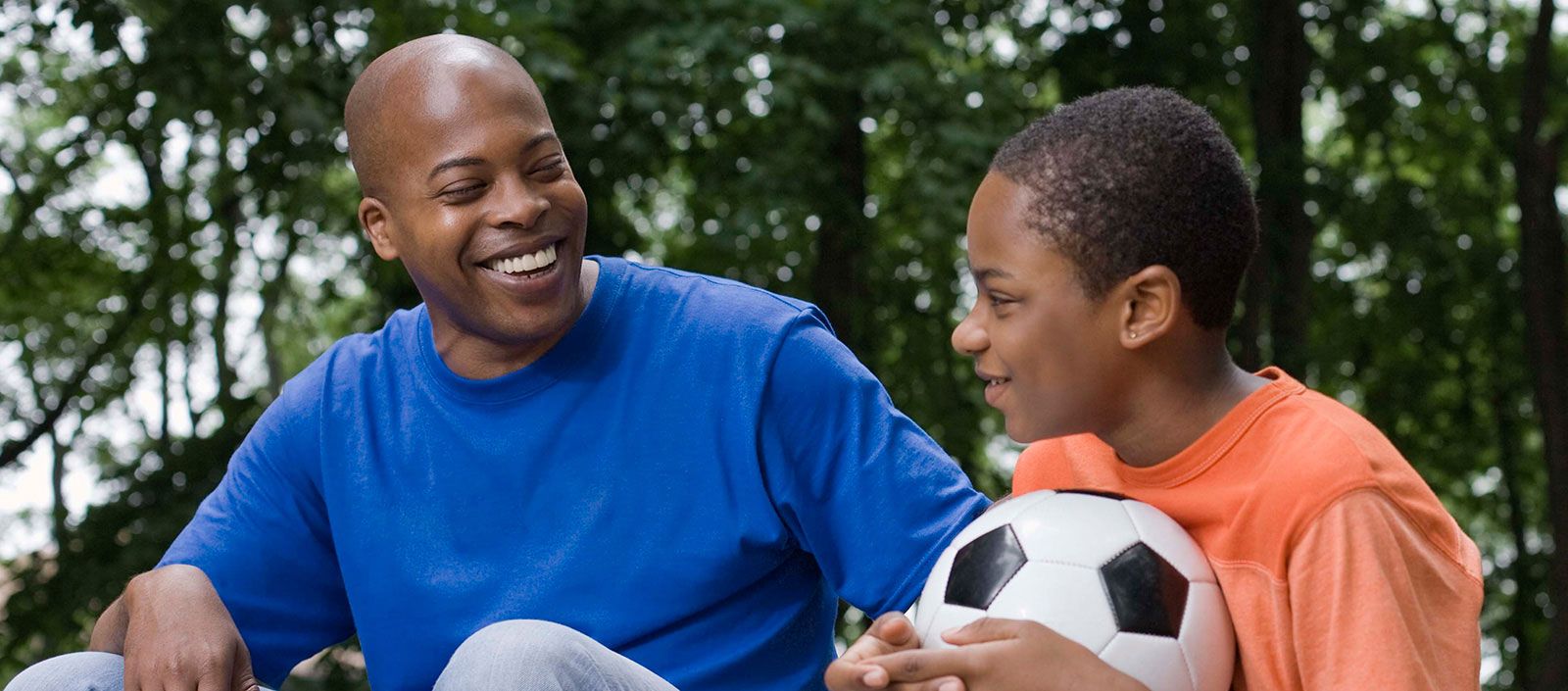-
What is a CASA Volunteer?
A Court Appointed Special Advocate (CASA) volunteer is a trained citizen who is appointed by the court to represent the best interests of a child involved in child welfare matters. Children helped by CASA volunteers include those for whom home placement is being determined in juvenile court. Most of the children are victims of abuse and neglect.
-
What is the role of a CASA volunteer?
A CASA volunteer provides the child's attorney with carefully researched background details about the child to help the court make a sound decision about that child's future. Each home placement is as unique as the child involved. The case worker and their supervisor usually make the decision as to where the child is placed, although the CASA volunteer can report on the appropriateness of that placement. The CASA volunteer reports all information gathered to the Guardian ad Litem (GAL). The GAL gives a formal report to the judge at each hearing. The CASA consistently visits the child and reports to the GAL until the case is permanently resolved or closed.
-
How do CASA volunteers investigate a case?
To prepare a recommendation, the CASA volunteer talks with the child, parents, family members, social workers, school officials, and others who are knowledgeable about the child's history. The CASA volunteer also reviews all records pertaining to the child such as: school, medical, case worker reports and other documents. This allows the CASA to be well imformed and able to make the appropriate recommendation.
-
How are CASA volunteers different from social service caseworkers?
Social workers generally are employed by state governments sometimes working on as many as 15 to 20 cases at a time; they are frequently unable to spend adequate time with the child. The CASA volunteer has more time and a smaller caseload (average of 1-2 cases) to investigate a case. The CASA volunteer does not replace a social worker on a case; they are an independent appointee of the court. The CASA volunteer thoroughly examines a child's case, knows about various community resources and makes recommendations to the court independent of the case worker or Assistant Attorney General's Office.
-
How are CASA volunteers different from attorneys?
The CASA volunteer does not provide legal representation in the courtroom-that is the role of the attorney. However, the CASA volunteer does provide crucial background information that assists attorneys in presenting their case. It's important to remember that a GAL speaks specifically for the child's best interests, not their parents.
-
How do CASA Volunteers advocate for children?
CASA volunteers offer children trust and advocacy during complex legal proceedings. They help explain to the child the events happening involving the case, reasons they are in court and the roles of the judge, lawyers, and case workers. While remaining objective observers, CASA volunteers also encourage the child to express his or her own opinion and hopes about the case.
-
How many cases does a CASA volunteer carry at a time?
The number varies from jurisdiction to jurisdiction, but an average caseload is one to two.
-
How much time is required to be a CASA?
Each case is different. A CASA volunteer usually spends about 5 hours doing research and conducting interviews prior to the first court appearance. More complicated cases may take longer. Once initiated into the system, volunteers work about 5-10 hours per month.
-
How long does a CASA volunteer remain involved?
The volunteer continues until the case is permanently resolved. One of the primary benefits of the CASA program is that, unlike other court principals who often rotate cases, the CASA volunteer is a consistent adult advocate and provides continuity for a child until the case closes.
-
What children are assigned CASA volunteers?
Children who are victims of abuse and neglect and become wards of the court are assigned CASA volunteers. The program is most common in juvenile and family court cases.
-
Are there other agencies or groups providing a similar service?
No. There are other child advocacy organizations, but CASA is the only program where volunteers are appointed by the court to represent a child's best interests.
-
How effective are CASA programs?
Preliminary findings show that children who have been assigned CASA volunteers tend to spend less time in court and less time in the foster care system than those who do not have CASA representation. Judges have observed that children with a CASA also have better chances of finding permanent homes.
-
Is there a Atypical CASA volunteer?
CASA volunteers come from all walks of life and possess a variety of professional, educational, and ethnic backgrounds. There are more that 70, 000 CASA volunteers nationally. Local programs vary in number of volunteers they utilize. Aside from their CASA volunteer work, 64% are employed in full or part-time jobs; the majority tend to be professionals with 58% college or university graduates. The majority (82%) of the volunteers nationwide are women.
-
How many CASA programs exist?
There are now over 950 CASA programs in every state across the country, including Washington DC and the U.S. Virgin Islands.
-
Do lawyers, judges and social caseworkers support CASA?
Yes. Juvenile and family court judges implement the CASA program in their courtrooms and appoint volunteers. CASA has been endorsed by the American Bar Association, the National Council of Juvenile and Family Court Judges, and the Office of Juvenile Justice and Delinquency Prevention of the U.S. Department of Justice.
-
Does the federal government support CASA?
CASA is a priority project of the Department of Justice's Office of Juvenile Justice and Delinquency Prevention. The office encourages the establishment of new CASA programs, assists established CASA programs, and provides partial funding for the National CASA Association.
-
What does the National CASA Association provide?
The National CASA Association is a nonprofit organization that represents and serves the local CASA programs. It provides training, technical assistance, research, media and public awareness services to members.
-
How is CASA funded?
At the local level, CASA programs are generally funded through a state's department of justice. Many programs are privately funded through service organizations such as the Junior League and the National Council of Jewish Women. The National CASA Association is funded through a combination of private grants, federal funds (U.S. Justice Department), memberships and contributions.
-
How can I find the CASA program in my community?
CASA programs are administered by the Administrative Office of the Courts in Utah. If you cannot find a program in your area, contact the National CASA Association for referral.
-
How do I get more information about becoming a CASA volunteer?
Please go to: UtahCASA.org

